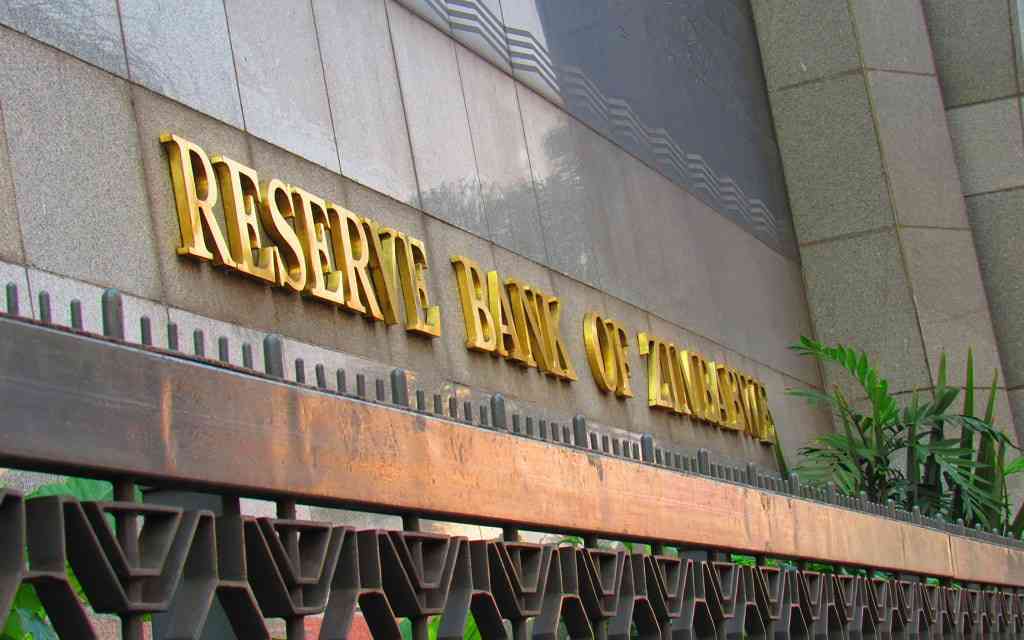
Africa’s economic performance held firm in 2016, amid global headwinds and regional shocks. The continent remained the world’s second fastest growing economy after East Asia. In 2016, sub-Saharan Africa (excluding South Africa) grew faster than the continental average, at 4,2%, with East Africa leading the way at 6,3%. Growth in Central, North and West Africa was above 3%, while Southern Africa grew by an average of 2,2%. Looking ahead, average growth in Africa remained moderate at 3,7% in 2016 but could accelerate to about 4,5% in 2017.
BY Kudzai Goremusandu

The rise of innovations in the region speaks of the progress and potential of Africa’s economy more broadly, its people and their ability to identify localised solutions for growth. But this isn’t the only clue as to Africa’s potential.
In fact, I see four key pillars driving large-scale private sector growth on the continent. These trends are not only shaping the strategies for existing companies but have also influenced the nature and appetite for joint venture projects across the continent.
Processing and value addition
For a long time, development practitioners have emphasised the need to give more attention to the processing of raw agricultural produce rather than exporting unprocessed agricultural commodities.
Indeed, African governments have been promoting value addition for economic development for years, and yet there are still plenty of investment opportunities.
Over 80% of value in the global food industry is in value-added components such as sorting, cleaning and packaging fruits and vegetables. The various forms of value-addition provide opportunities for the private sector to expand their commercial activities and access higher-value markets, either for domestic consumers or exports.
- Chamisa under fire over US$120K donation
- Mavhunga puts DeMbare into Chibuku quarterfinals
- Pension funds bet on Cabora Bassa oilfields
- Councils defy govt fire tender directive
Keep Reading
Not only do they provide employment at all levels, but they have proven time and time again to drastically change the economic landscape of countries. A brilliant example of this is Kenya — the export value of fresh vegetables grew by as much as 250% after it stopped simply exporting raw materials and started incorporating value-added tasks such as cleaning, packaging and freezing products.
With its growing population and increasingly skilled labour force, Africa is ideally placed to benefit from processing and value-addition across the agro-processing sub-sector.
Fast-moving consumer goods for Africa by Africa
Africa is home to one of the world’s fastest growing populations and an exploding middle class with more disposable income than ever before. As a result, there is high demand for fast-moving consumer goods (FMCG), such as apparel, hygiene products, food and electronics. Currently, almost all of these products are still being imported.
FMCG retailers tend to operate in low-margin environments, and as a result, large markets are crucial to their growth and success. With a rapidly growing continent and changing livelihoods, the potential for private sector actors in the FMCG space is promising for 2017 and beyond. McKinsey projects the growth of these consumer-facing industries will surpass $400 billion by 2020.
Over the past few years, several African entrepreneurs have started local production using locally available material in manufacturing soaps, edible oils, household cleaning products, and even school uniforms. From local companies like Del Monte Kenya Limited, Tongaat Hulett, to foreign conglomerates like Unilever and Procter and Gamble, Africa’s FMCG sector has provided plenty of business opportunities, and there are some who say this could be the next “gold rush”. United States retail giant Wal-Mart’s recent $2,5 billion dollar investment into South African retailer Massmart points that way.
“Bottom of the pyramid” consumers
Despite rapid socio-political advancements in Africa, only around half of people there earn more than $4 a day. While in Africa this might be categorised as “middle class”, manufacturers locally and globally would still label them as low-income consumers, or the bottom of the pyramid (BOP) market.
The competitive advantage of African owned and run businesses is that, unlike their foreign counterparts, they understand the purchasing decisions of the world’s more than five billion low-income consumers, which gives them a competitive edge.
When CK Prahalad’s published The Fortune at the Bottom of the Pyramid, he was speaking directly to the many African entrepreneurs who understood the world’s poor and their untapped buying power. Companies on the continent are learning how to serve these consumers while making money in the process.
African export market
Export-led growth has been a successful strategy for several developing economies. Through incentive programmes and policies, African governments and multilateral donors have encouraged exports, which have allowed companies to further diversity their operations and reap the financial benefits.
For a long time, the continent was not able to meet global export requirements. However, with the multiplicity of opportunities today — increased market linkages, partnership support, consultation, information sharing and tailored training for export trading — we’ve been able to take advantage of the global demand for African exports.
With a growing world population and an imminent danger of global food shortages, Africa is well-poised to become the breadbasket of the world.
Africa’s exports will be critical to our development as a global society. These exports that continue to dominate many national economies will become extremely important in the growth of Africa’s private sector in 2017 and beyond.
Kudzai is a strategic and innovate business consultant. He offers consultancy services to local and international investors. Contact: [email protected]. He currently works with Coover Bottlers, a new beverage company based in Harare










